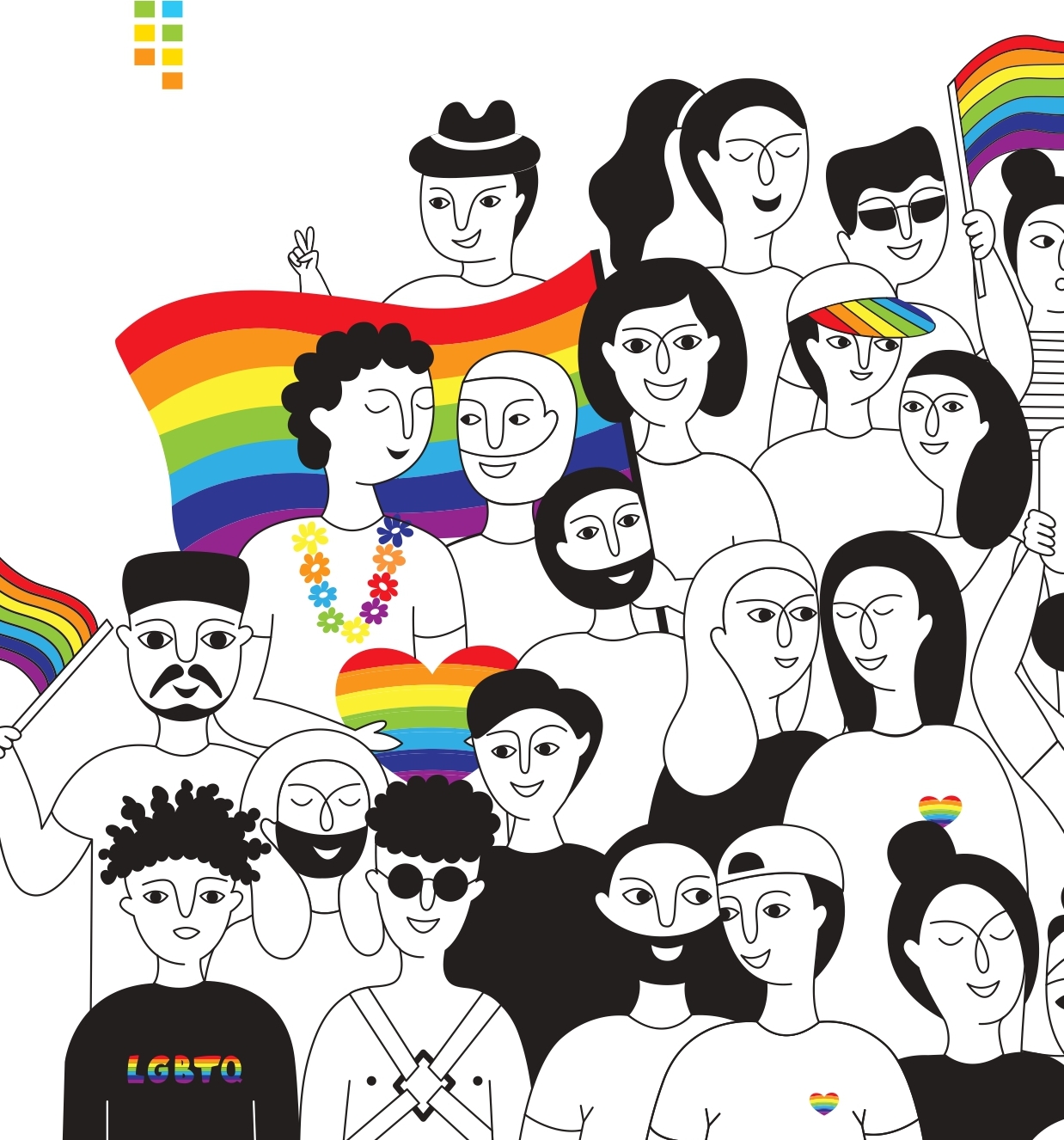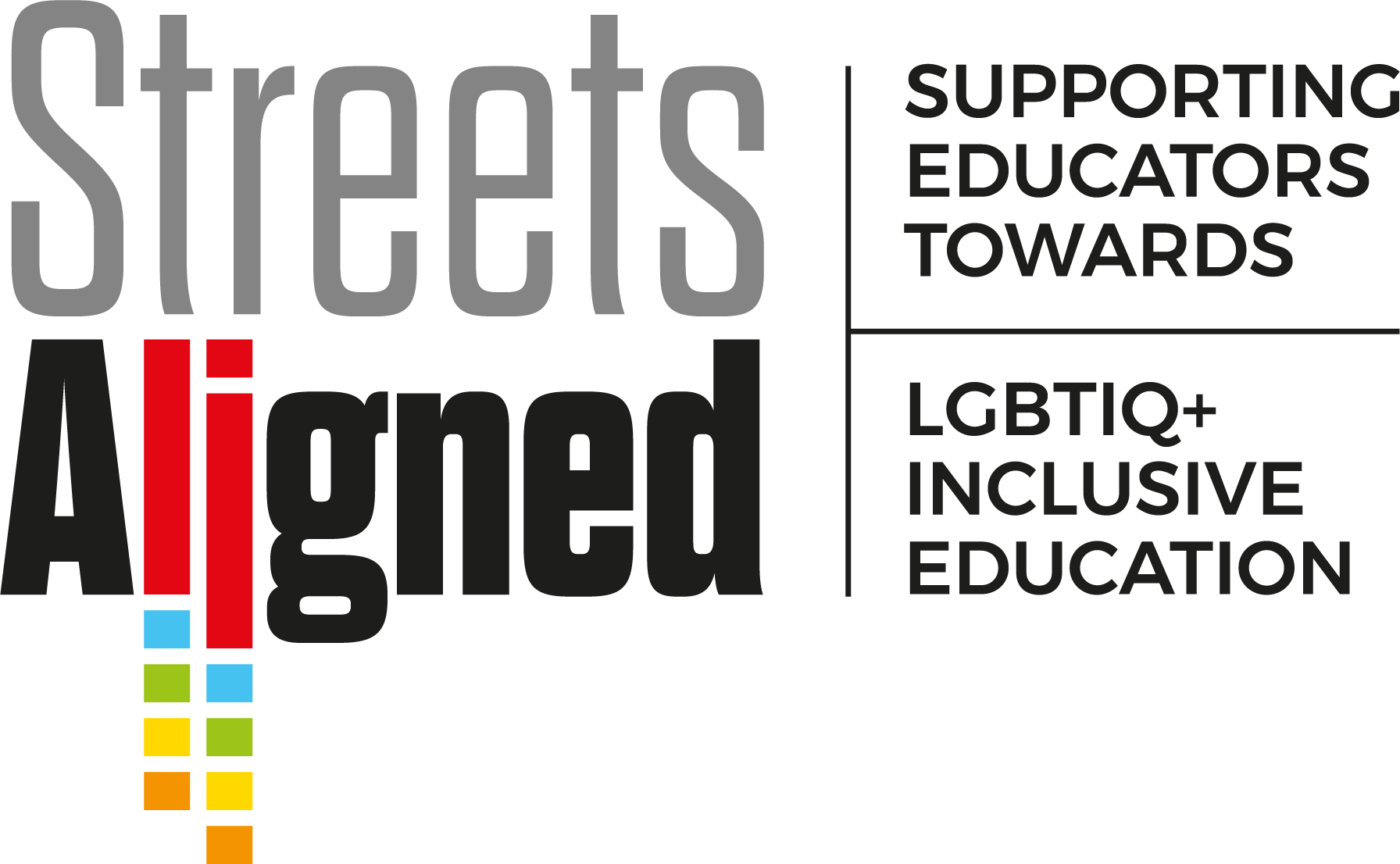One of Streets aligned's goals is to create a «sense of urgency»: homobitransphobia, bullying, intolerance are problems that permeate our daily lives , on a par with incomprehension and the removal of otherness, especially in the educational field.
However, these problems can be tackled through new pacts and coalitions, sharing a new vision of education and producing concrete implementations with the educator-educator relationship at the centre. The achievement of concrete results and objectives can be implemented by modeling upskilling units for educators that integrate formal, non-formal and informal activities, useful for orienting educators and trainers in order to:
- Communicate the fact that diversity is a hallmark of humanity
- Choosing not to focus on issues such as homoaffection and its "causes", but rather to address the factors that determine homophobia and heterosexism
- Emphasize the fact that places, curriculum and education are not a neutral medium: it is possible to deconstruct stereotypes, heteronormativity and repressions through understanding and dialogue
- Declare that all educational settings are an appropriate place to address these issues: gender diversity and identity, human rights, active national and community policies are not abstract elements, but act in depth and shape individual experiences.
Un’adeguata preparazione produce ambienti sani e proattivi, nonché partecipazione civica e buona socialità. Streets aligned è infatti un progetto pilota che pone al centro le comunità educanti: le attività di progetto evidenziano inoltre le criticità che ostacolano l’integrazione dell’Educazione Inclusiva LGBTIQ+ in ambito educativo. L’obiettivo di Streets aligned non è infatti soltanto quello di produrre un percorso di upskilling tematico in
sinergia con esponenti di comunità educative locali, ma anche quello di condurre un’«analisi del bisogno».
In an educational environment, phenomena such as bullying are often managed in an emergency key: educators, trainers, animators, teachers often do not have the theoretical-practical tools and guidelines useful in this sense. A further objective of Streets aligned is to prevent generalizations: while it is crucial to provide a new preparation for educators, it is also important to underline the intimate, experiential and subjective nature of the topic addressed here.
The design purpose is therefore to stimulate the creation of individualized paths. In this sense, international cooperation is a fundamental element for the success of the project. The organizations involved are all high-profile and their good experience in the field is a guarantee of a fruitful exchange of ideas and good practices, thus greatly enriching the nature of the project. The context of intervention is amply exemplified by the composite physiognomy of the partnership: a set of organizations included in consolidated educational networks, but above all in very different national contexts, especially in reference to LGBTIQ+ rights.
In all the countries involved, the presence of reticence regarding the integration of these issues in the educational field is underlined. The direct and indirect presence of broader «not entirely inclusive» contexts gives the partnership and this project proposal a resilient and resistant character, but it is also proof of the centrality of the Erasmus+ Program in supporting actions, also local and bottom-up, capable of producing a positive impact in support of inclusion and equality policies.
Tale attitudine esemplificata dalla fisionomia del partenariato è di conseguenza un ulteriore elemento meritevole di validazione, perché si offre come esempio collaborativo ed educativo esportabile in altri contesti, al netto della diversità socioculturale d’ambiente e di climi considerati
ostili.

